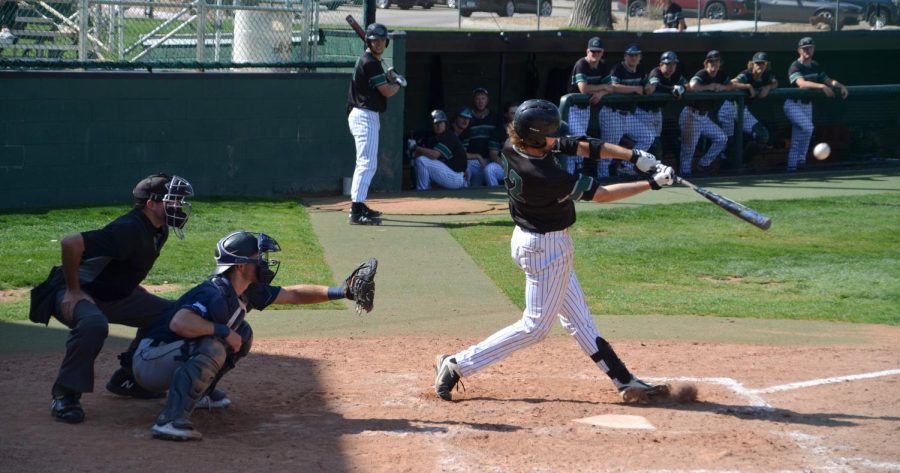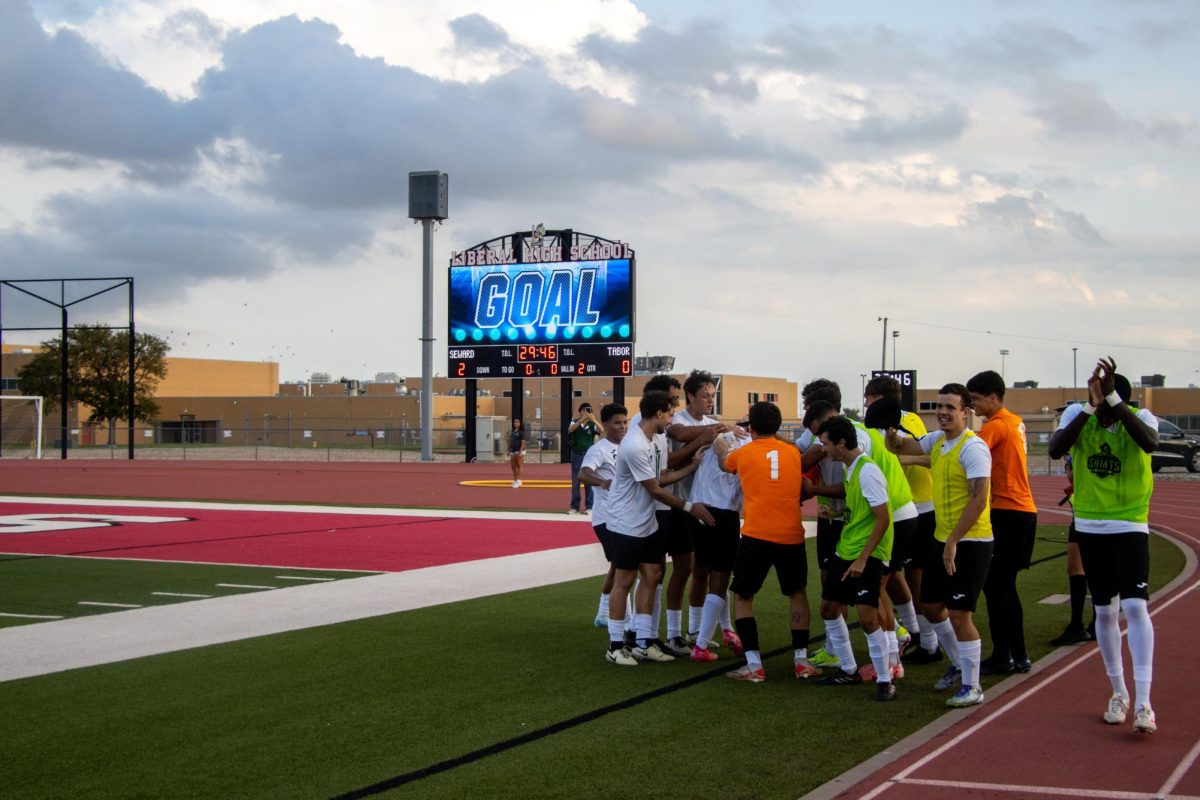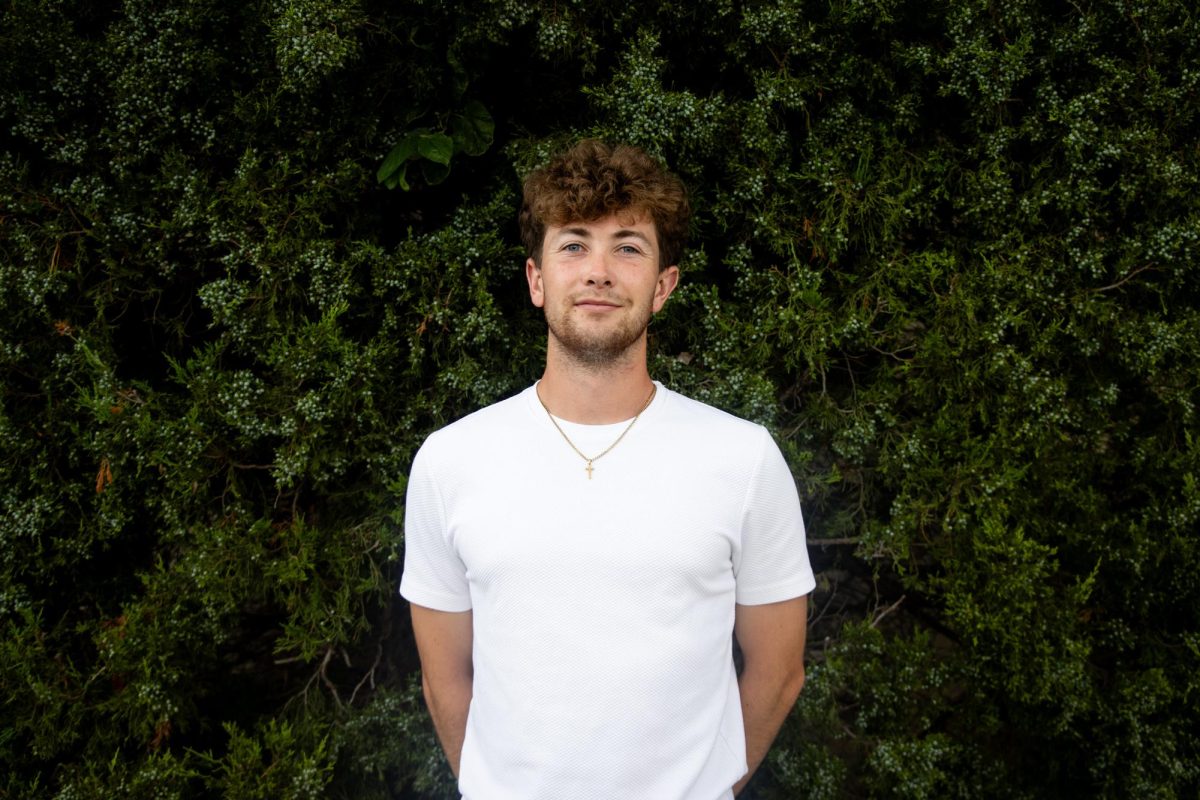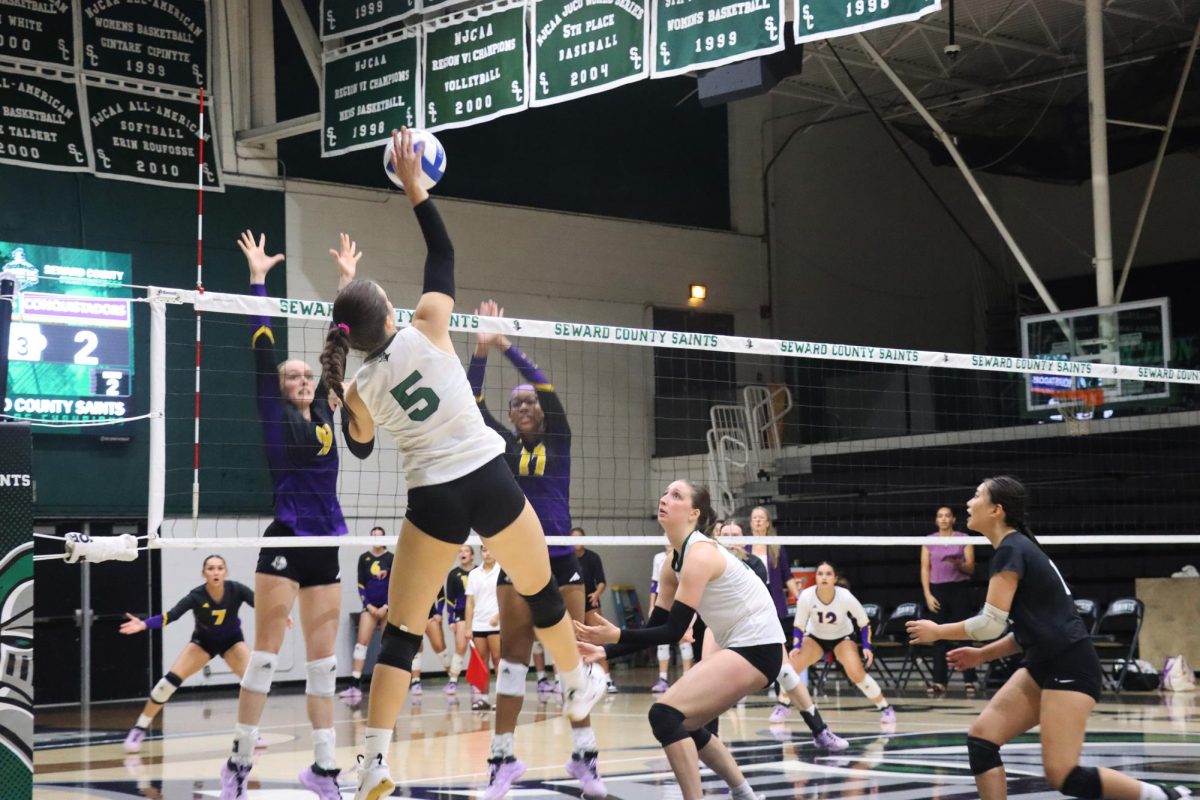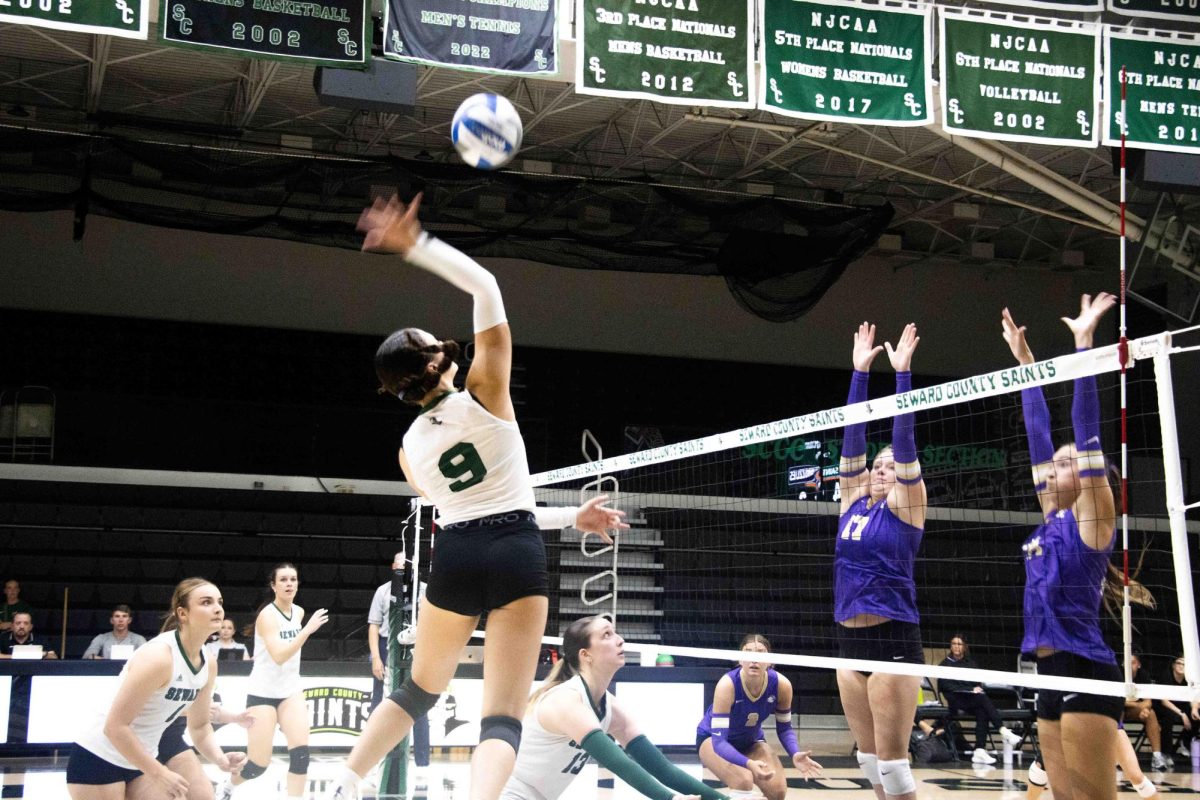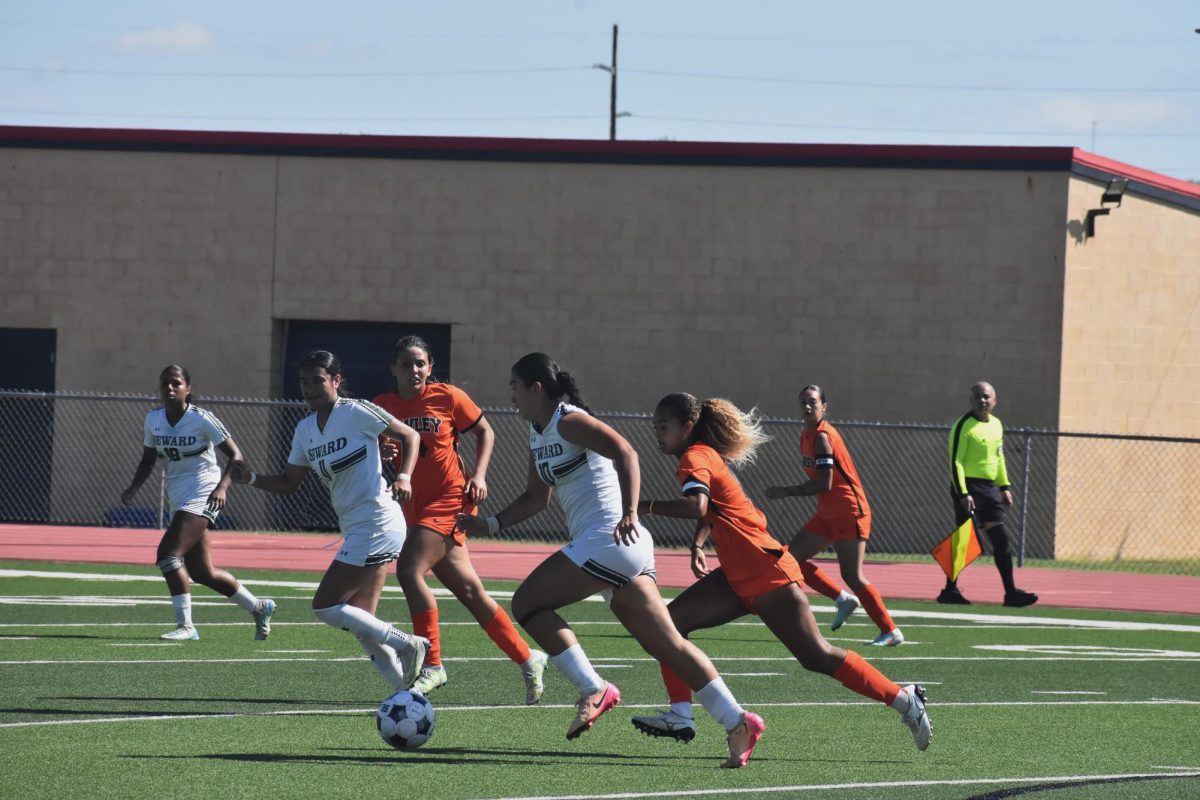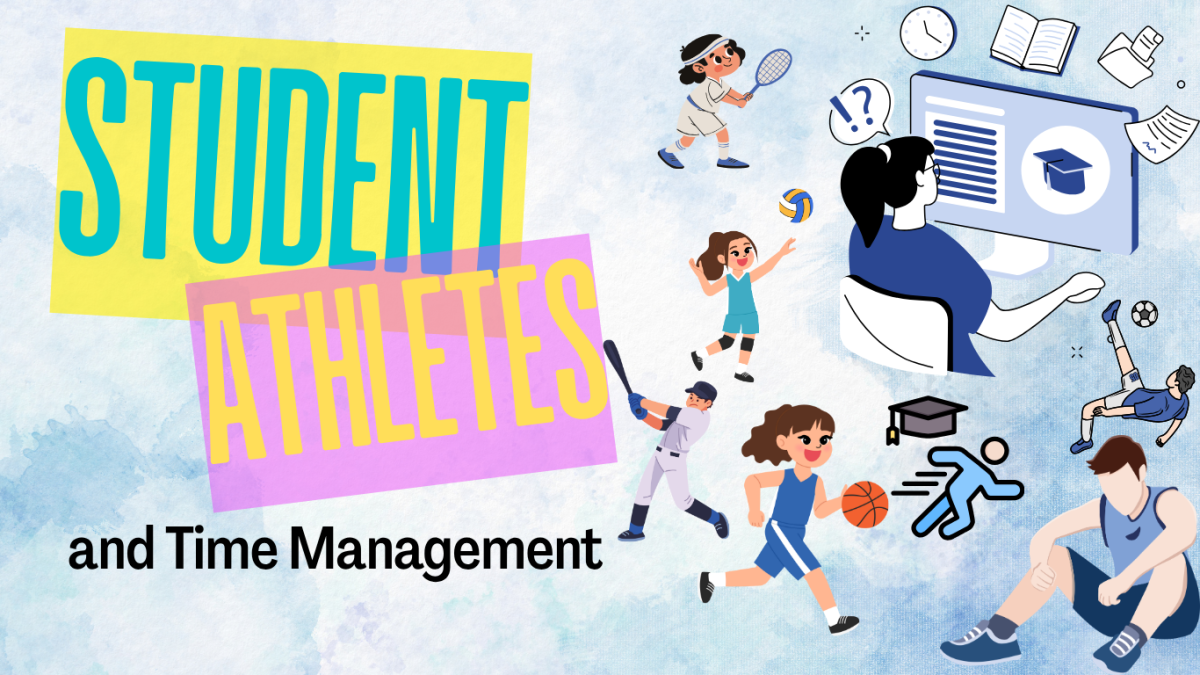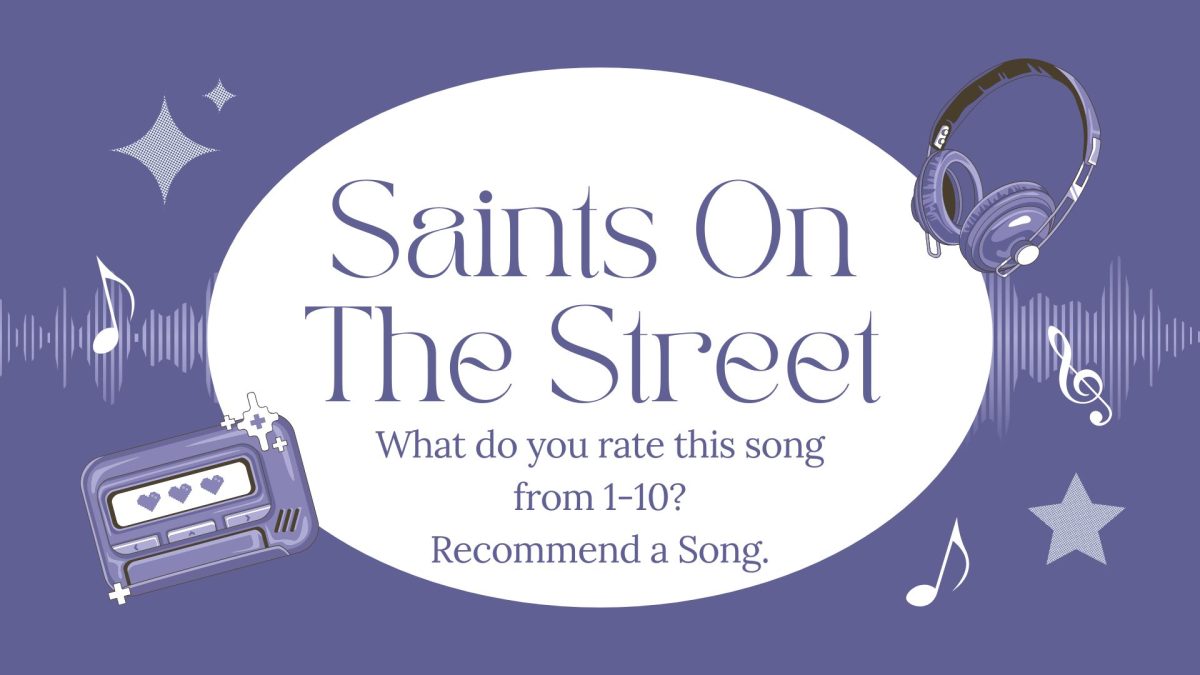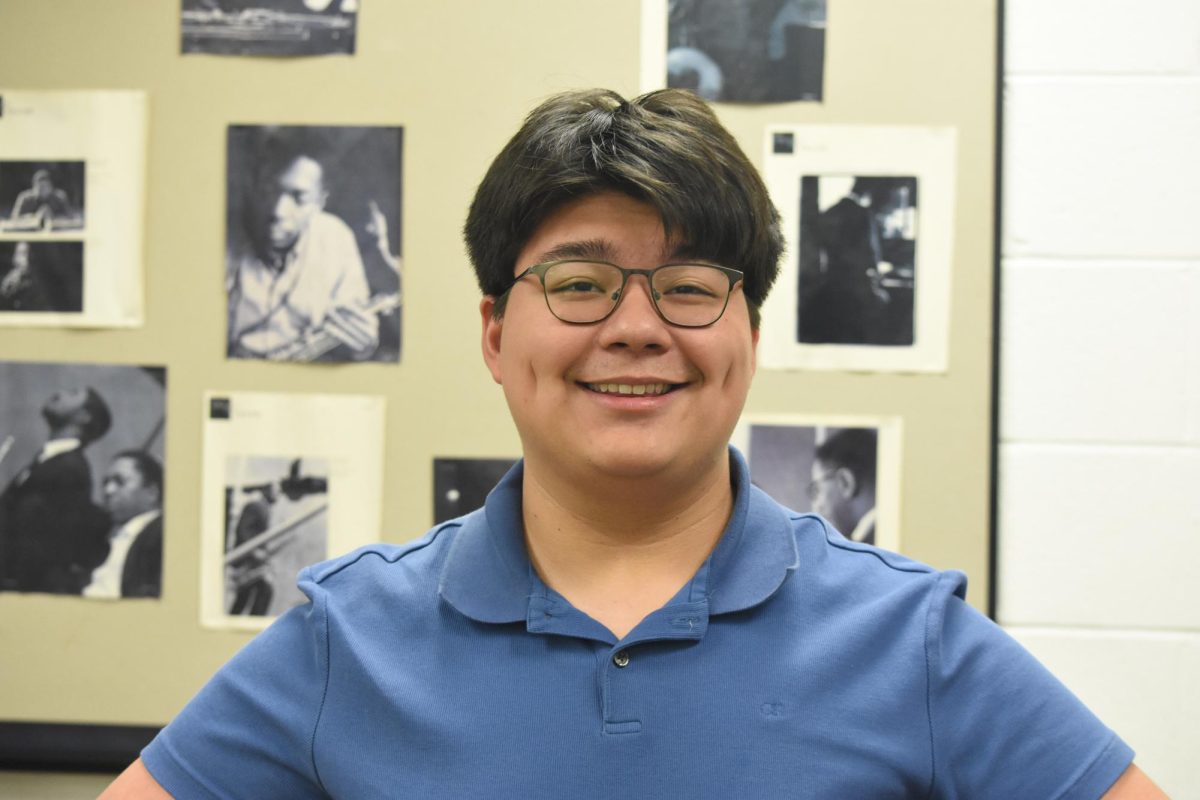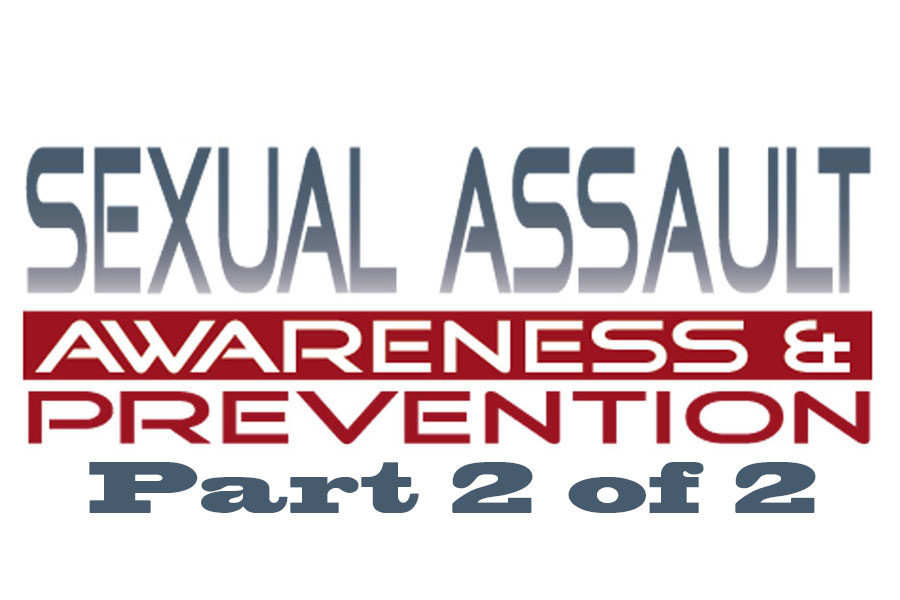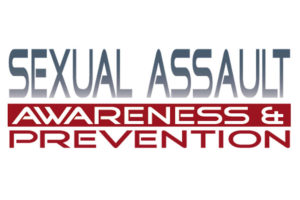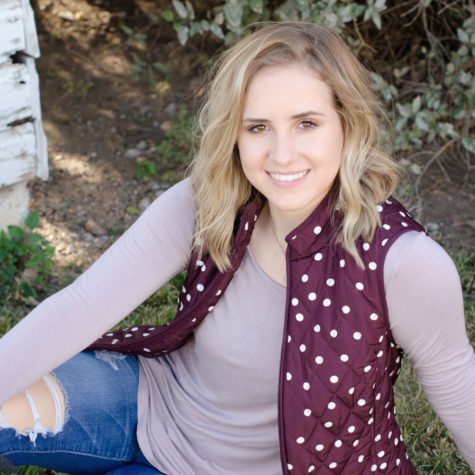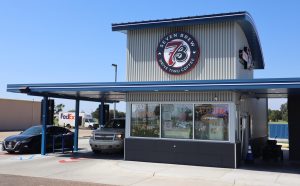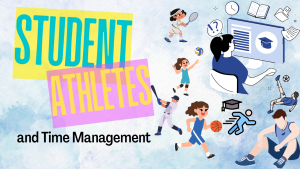The Big Elephant on College campuses: Sexual Assault
February 20, 2018
Editor’s note: This is the second of a two-part series. See the first story here.
Your friends drag you to this big college party in town where everyone is getting drunk. There’s people stumbling out the door and you get handed a beer. Soon, you’re on the couch enjoying yourself and someone comes and sits next you.
They compliment your appearance and they proceed to wrap their arm around you. You’re surprised and try to wiggle out of their grasp. They proceed to try to kiss you and place their hands on your upper thigh. You tell them to stop, but they are persistent until you manage to push them off and flee the scene.
This is sexual harassment. If it proceeded to go on and you were forced to have sexual intercourse, then it is considered sexual assault.
What defines sexual assault? According to Merriam-Webster’s dictionary, illegal sexual contact that usually involves force upon a person without consent or is inflicted upon a person who is incapable of giving consent (because of age, physical or mental incapacity) or who places the assailant (such as a doctor) in a position of trust or authority.
We all have heard the news about sexual violence on campus. It actually happens quite frequently but most seem to brush it off like old gossip. According to Rainn, which reports sexual violence statistics, college women between the ages of 18 and 24 are three times more likely to get raped than non-college women. This doesn’t just apply to women, but men also. They are at the same risk as their female peers.
Still, the question arises: what is considered sexual harassment? It’s pretty simple actually; any touching, comments and or actions that the other person doesn’t feel comfortable with is considered sexual harassment.
Seward County Community College has access to the LARC DVS, which is the domestic violence, sexual assault and stalking center here in Liberal, Kansas. Campus Advocate, Maria Munoz, explains that most incidents of sexual assault involve alcohol. She also explained that SCCC does a good job of prosecuting sexual assault cases, so victims should try to speak up.
“I understand that it is hard and a traumatic event. But realize it is not your fault no matter the circumstances. You’re the victim and you should not be ashamed,” Munoz said.
LARC provides a variety of services to those who need it like: counseling to start the healing process and help with reporting the incident.
“Seek help with an agency that does not report incidents to seek help. We support you so you can heal,” Munoz said.
Sexual assault, like sexual harassment, isn’t a joke. You should never allow inappropriate actions to take place. Report anything you might see because sexual violence is wrong. If you’re a victim, seek help. There are many sources to help you out and be able to get your life back.

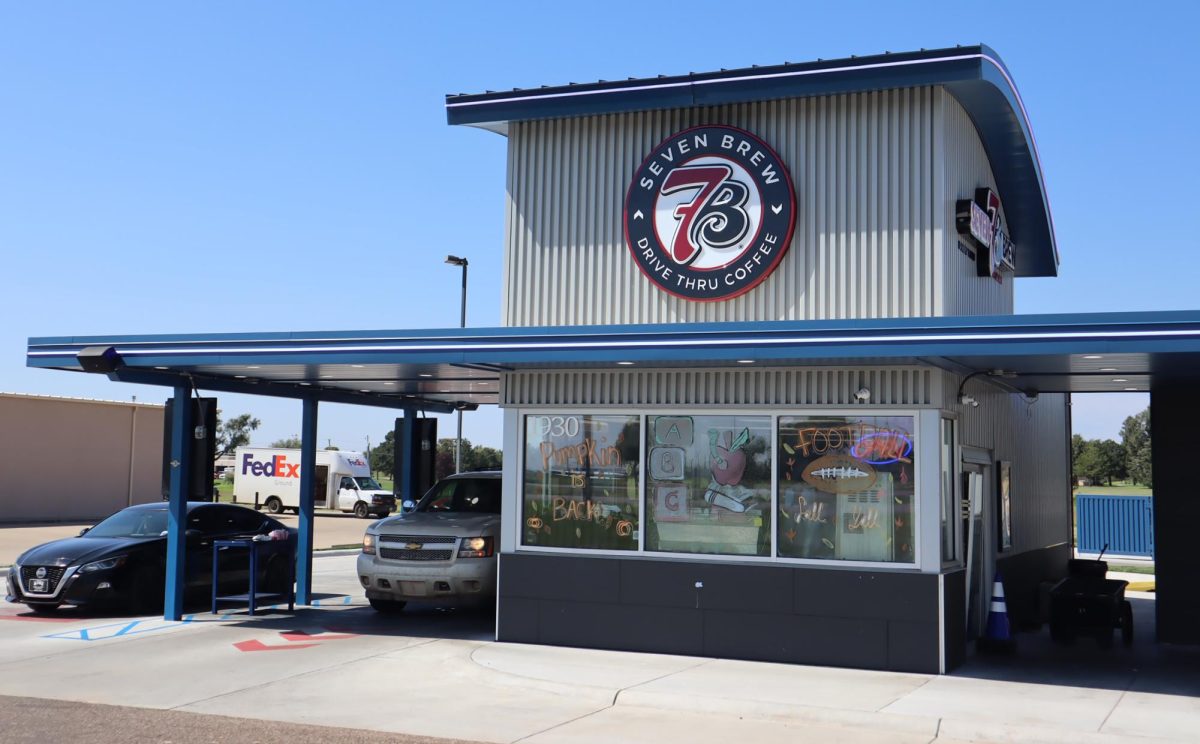
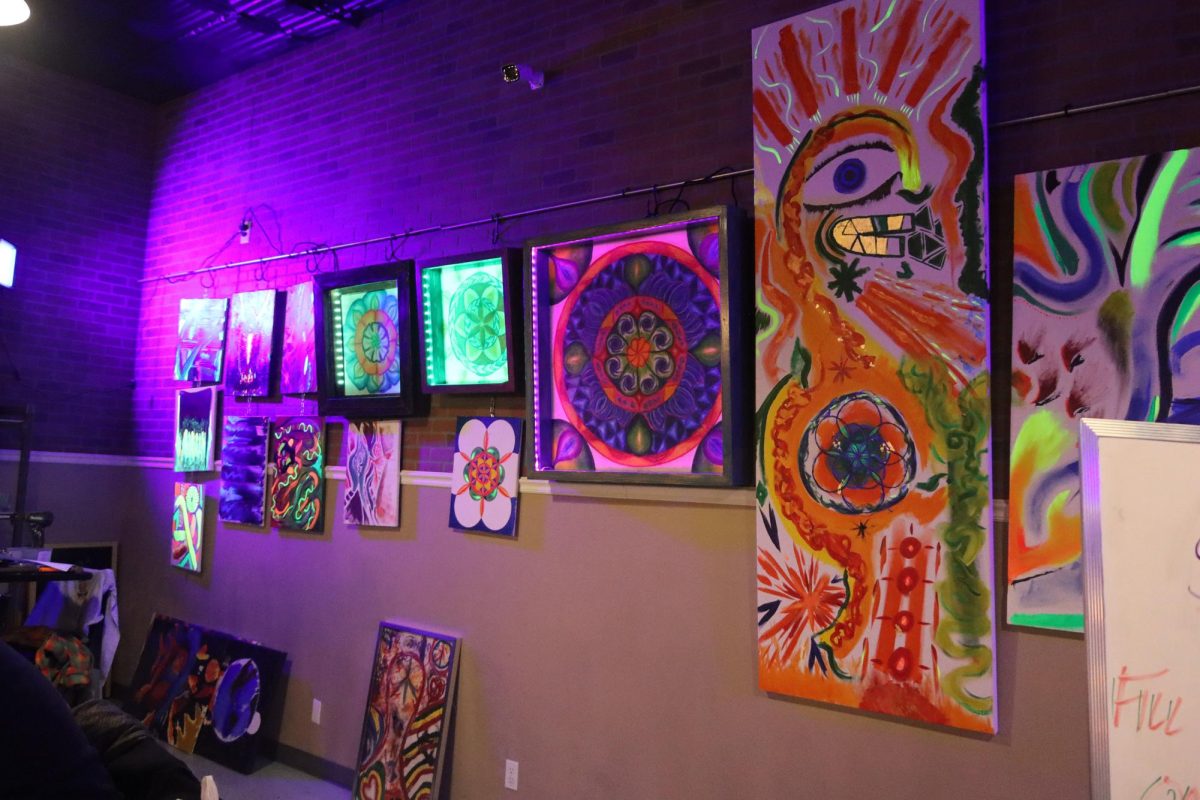

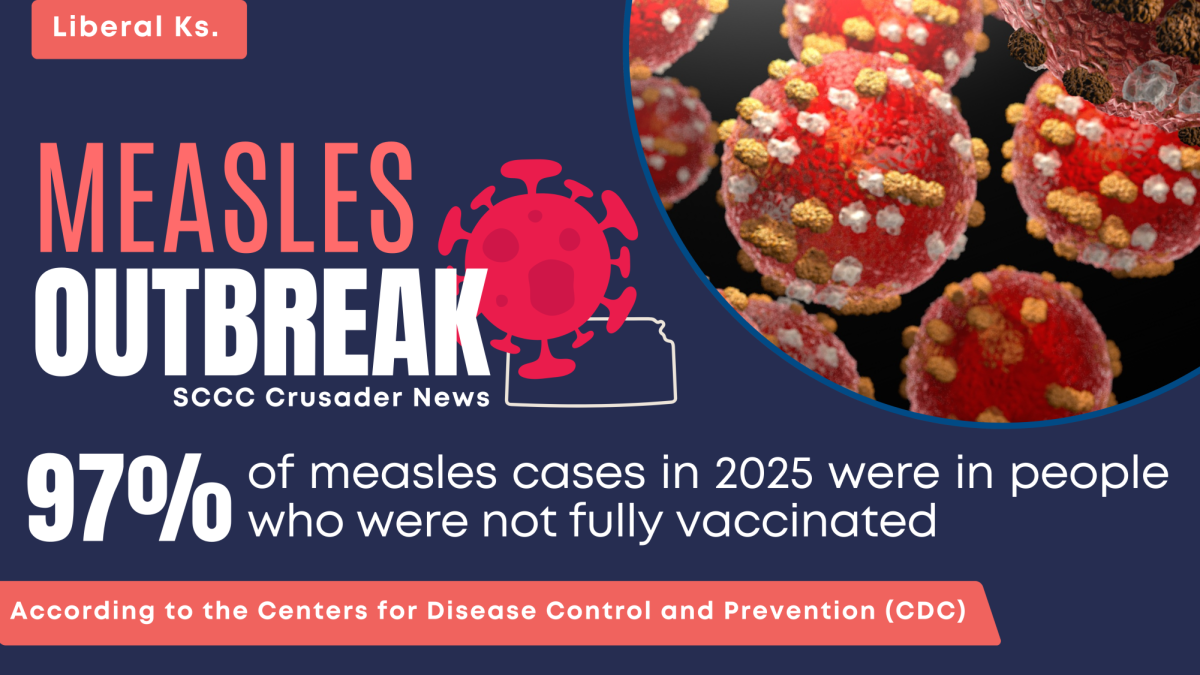
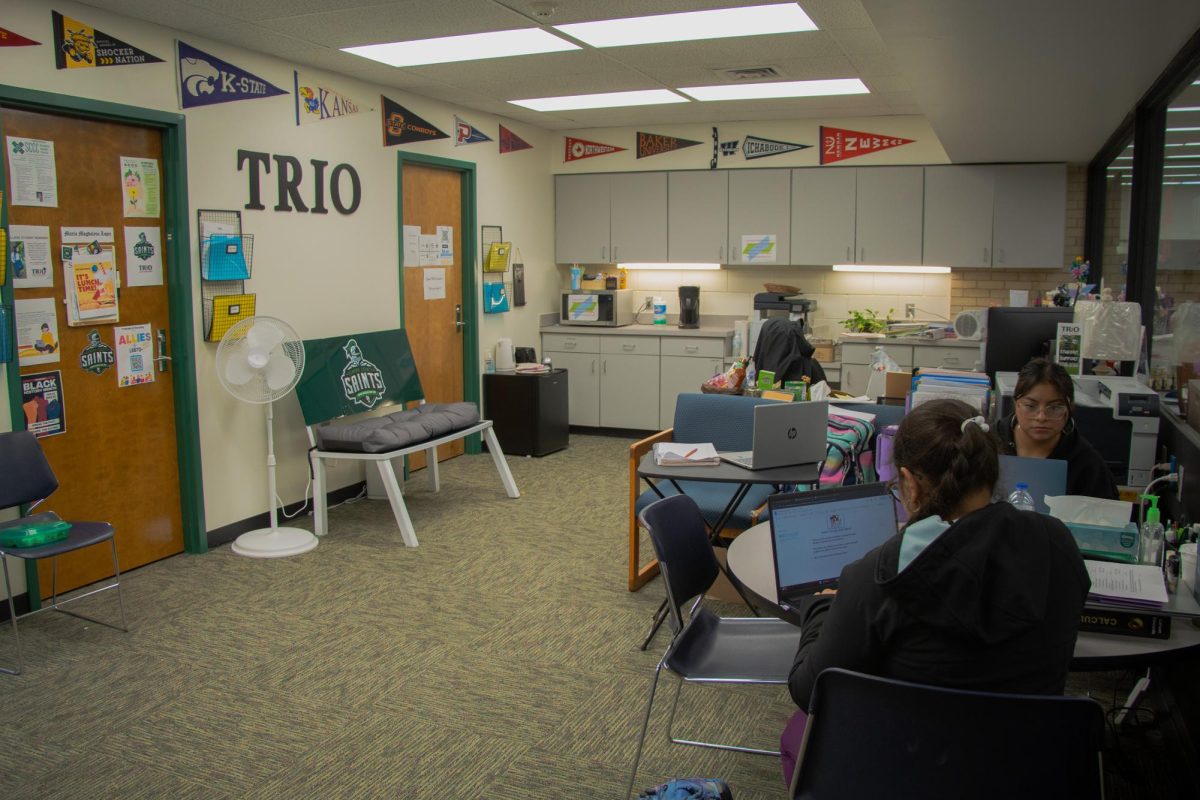








![The sophomores were recognized on the field instead of walking across the stage during their doubleheader. They received their diplomas and a picture of themselves playing during their career at Seward. [Pictured left to right are Dylan Day, Reed Thomas, Jase Schneider, Mason Martinez, Gannon Hardin, Brody Boisvert, and Zach Walker]](https://crusadernews.com/wp-content/uploads/2022/05/WEBDSC_0275-900x454.jpg)
